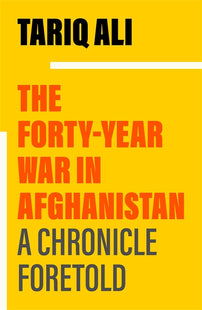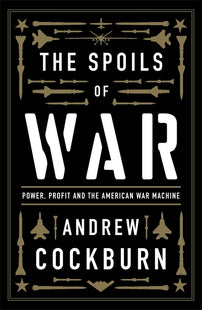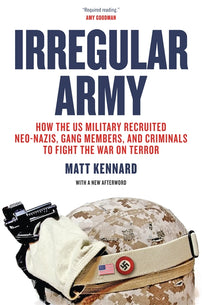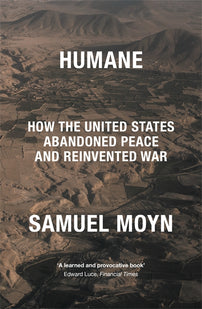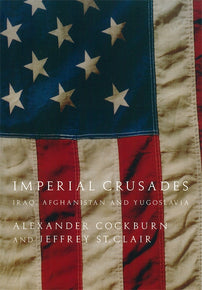A Continuum of Intervention
Ayça Çubukçu outlines the logic of humanitarian intervention that has dominated the US approach to international affairs for the last thirty years and asks whether the US withdrawal from Afghanistan marks the end of this paradigm.
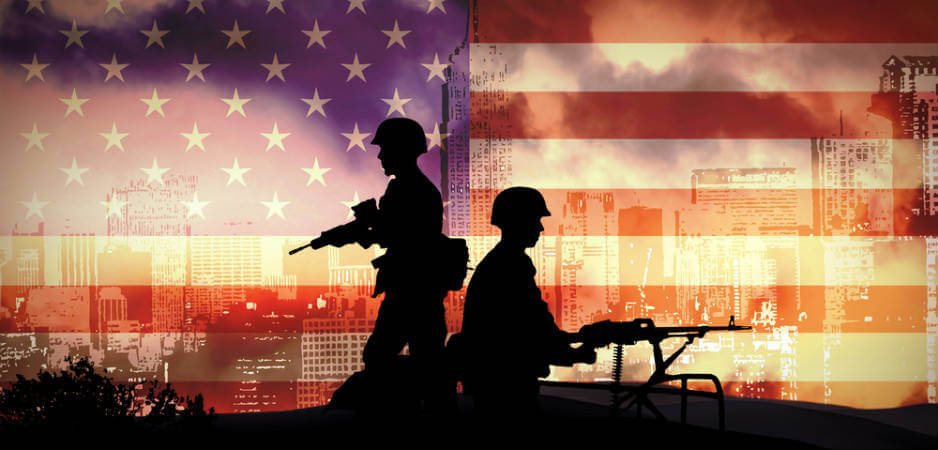
Ayça Çubukçu
In 1999, in the aftermath of the Cold War and the Rwandan genocide, NATO conducted a humanitarian intervention in Kosovo. At the time, liberal internationalists saw this act of military solidarity as a legitimate if not legal mission to liberate Kosovars from Serbian oppression. Saving lives, while killing and punishing others, was a matter of course and compassion. On this occasion, the United States and its allies, militaristic and humanistic at once, had no “authorization” from the UN Security Council to deploy deadly violence. Nor were they acting, legally speaking, in self-defense either. Instead, they constituted a “coalition of the willing” to defend humanity humanely, practicing a modern “etiquette of death dealing,”[1] making calculations of necessity and proportionality.
When performing the task of defending humanity, the apparent illegality of its intervention presented no obstacle for NATO or its passionate supporters. On the contrary, many “progressive” jurists and philosophers across the Atlantic endorsed this violent act as the anticipatory enforcement of an emergent “humanity’s law” (in Ruti Teitel’s jurisprudential, and enthusiastic, formulation).
By the end of 2001, prominent liberal internationalists had devised a new and ambitious doctrine of humanitarian intervention they named the Responsibility to Protect. Their aim was to establish standards and principles of “external military intervention for human protection purposes.”[2] As Michael Ignatieff, a drafter of the doctrine and director then of the Carr Center for Human Rights Policy at Harvard explained for Dissent in 2002:
The responsibility to protect is intended to provide a rationale for constructive engagement by rich countries through an intervention continuum that begins with prevention and ends with sustained follow-up.
An intervention continuum: where did it begin and end if the aim was to “prevent” the violation of human rights? What was it, in fact, this continuum of intervention into legally sovereign, formally equal states in a postcolonial and allegedly postimperial world?
Although, in principle, it was the responsibility of humanity to defend humanity, in practice, it was “rich countries,” that is, former colonial powers and contemporary imperial ones that would assume the Responsibility to Protect—if and when, that is, they were “willing and able.” Juxtaposed to the white man’s burden of civilizing the uncivilized, the Responsibility to Protect formalized the ostensibly postracial and apolitical humanitarian aim of defending human life. At once, claiming to “promote” democracy and human rights, it vitalized the imperial aim of “democratic regime change” as the exercise of a responsibility to prevent what may “shock the conscience of mankind.” The doctrine was adopted by the United Nations in 2005. In 2011, it was “applied” to Libya in a horrific war that continues to unfold today.
[book-strip index="1" style="display"]After September 11, 2001, the frequency, duration, and scope of the “intervention continuum” expanded worldwide in the Global War on Terror. First Afghanistan, then Iraq were invaded and occupied by the United States, the United Kingdom, and their allies in the name of not just peace and security, but also democracy and human rights. While a global antiwar movement demonstrated across the world on February 15, 2003 in the largest protest humanity had seen, it could not stop the impending war on Iraq. The devastating assault began rapidly the next month, on March 20, at dawn.
Liberal internationalists who had supported NATO’s intervention in Kosovo were divided amongst themselves by 2003. Many in the United States “wrestled with their consciences and took a stand in support of the liberation of the Iraqi people from tyranny.”[3] In Europe, cosmopolitan intellectuals such as Jürgen Habermas struggled to differentiate Iraq’s “liberation” from the precedent set by NATO in Kosovo (which he had endorsed in an article tellingly named “Bestiality and Humanity.”)
The humanitarian intervention in Kosovo crowned the liberal internationalism of the 1990s—particularly in the triumphant states of global capitalism—with might, and as was also proposed, with a legitimate, exceptional right beyond “existing international law” on its side. It is in this context that the claims of “progressive” activists, intellectuals, lawyers, internationalists—faced as they were in 2003 with the occupation of Iraq by another “coalition of the willing”—need to be situated.
The World Tribunal on Iraq—constituted by a global network of antiwar activists, scholars, and lawyers from 2003 to 2005 to document untold violations committed by the occupying forces in Iraq—demonstrated the diversity, capaciousness, and sophistication of the movement that emerged across the globe to stop the war. This movement, acting “for the love of humanity” in its determined resistance to the imperial plunder of Iraq, affirmed the possibility of another internationalism in the twenty-first century.[4] Its politics of transnational solidarity was anti-militarist but not, for that reason, uncombative. While its intervention into world affairs demonstrated the impasses of a transnational politics of human rights with anti-imperialist commitments, across the world, antiwar movements gave voice to the utter loss of legitimacy the United States and its allies continue to suffer in matters of global peace and justice.
After the disastrous consequences of the invasions of Afghanistan and Iraq, is “humanitarian intervention” to decline as a paradigm in international affairs? This is improbable as long as disagreements rage on the ethics and politics of violence and there exists desire for extending solidarity to humanity across differences and borders. The question is: if humanity is to be defended, who must do the defending, how, and with which consequences? Beyond humanity, if life on earth is to thrive or survive, who or what must take responsibility for what appears to be an impending catastrophe?
Such questions cannot be settled once and for all; each generation has to confront them anew. Any volunteer for this task—from the anti-capitalist activist to the humanitarian warrior—must acknowledge the continuum of intervention that is already in place across time and space. In the last century, Walter Benjamin observed: “The tradition of the oppressed teaches us that ‘the state of emergency’ in which we live is not the exception but the rule. We must attain to a conception of history that is in keeping with this insight.” If our task, as Benjamin maintained, is to bring about “a real state of emergency,” it is neither late nor too early to imagine what that may be.
[1] Talal Asad (2010), “Thinking about terrorism and just war,” Cambridge Review of
International Affairs, 23:1, 3-24; Talal Asad (2015), “Reflections on Violence, Law and Humanitarianism,” Critical Inquiry, 41:2.
[2] ICISS (2001), “The Responsibility to Protect: Report of the International Commission on Intervention and State Sovereignty.”
[3] Thomas Cushman, “Introduction,” in Thomas Cushman, ed. (2005), A Matter of Principle: Humanitarian Arguments for War in Iraq (Berkeley: University of California Press), p. 5.
[4] Ayça Çubukçu (2018), For the Love of Humanity: the World Tribunal on Iraq (Philadelphia: University of Pennsylvania Press).
